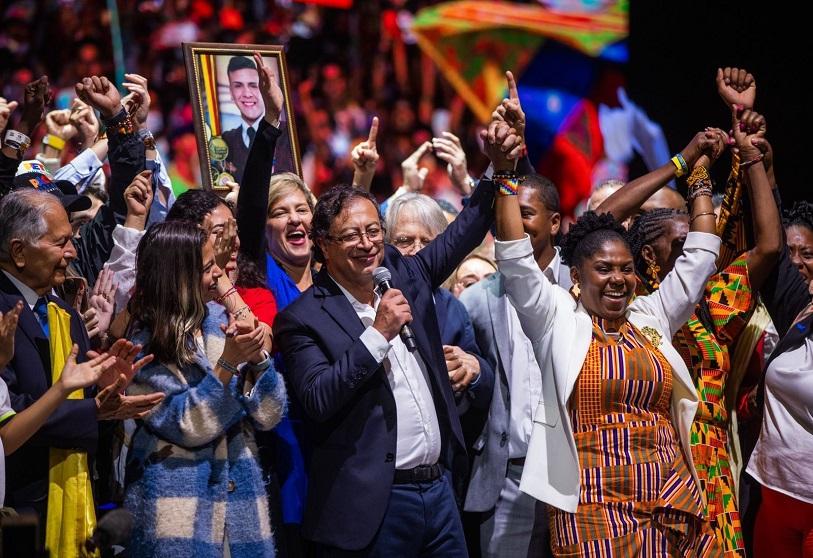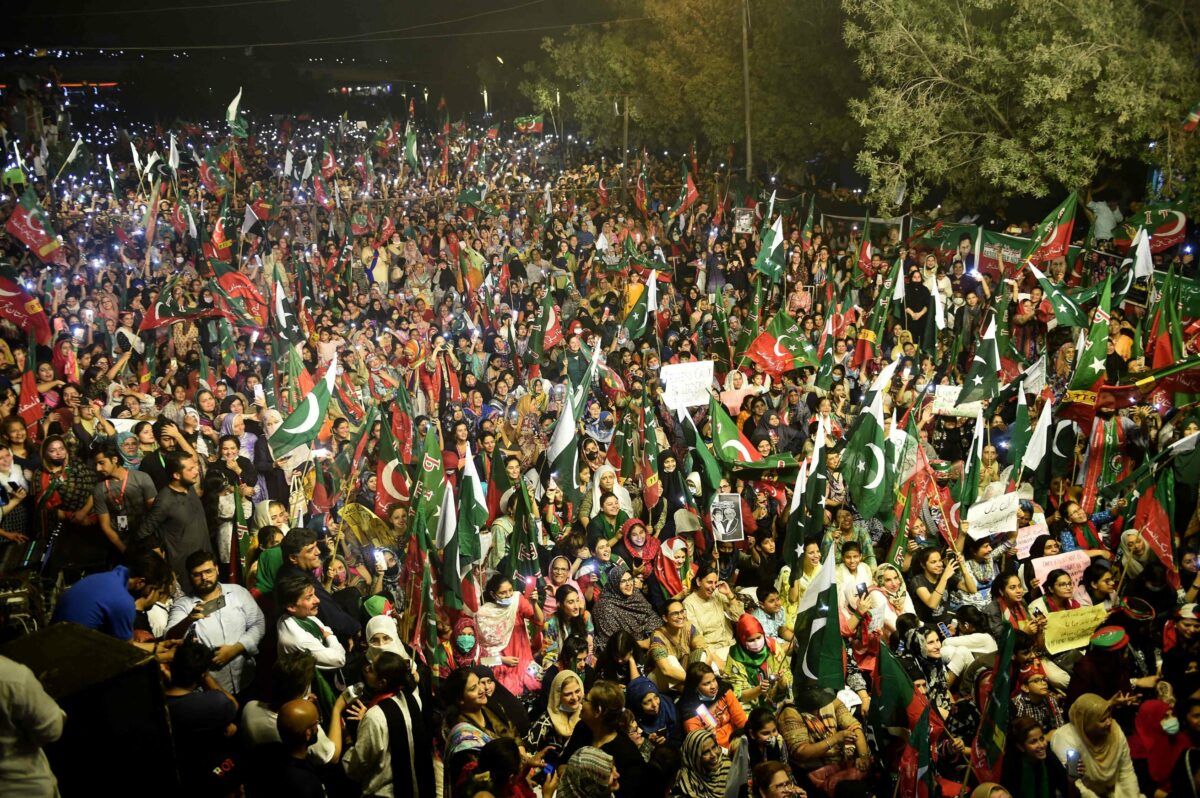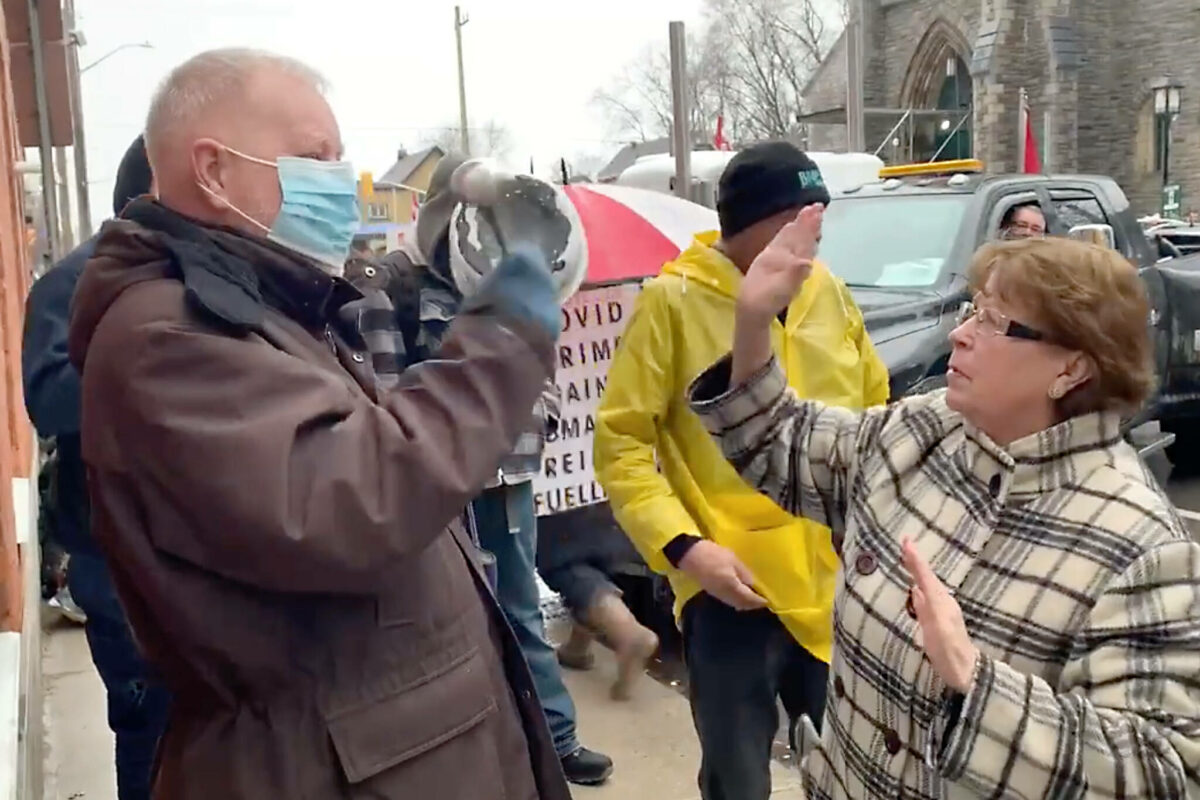Colombia, in a run-off vote, elected Leftist ex-rebel Gustavo Petro to the presidency in a narrow, historic election. We are joined by Colombian doctor and political activist, MANUEL ROZENTAL.
Justin Podur joins us for this roundtable on the impact of the elections in Colombia. This is a joint operation with The Anti-Empire Project and The Brief Podcast.



